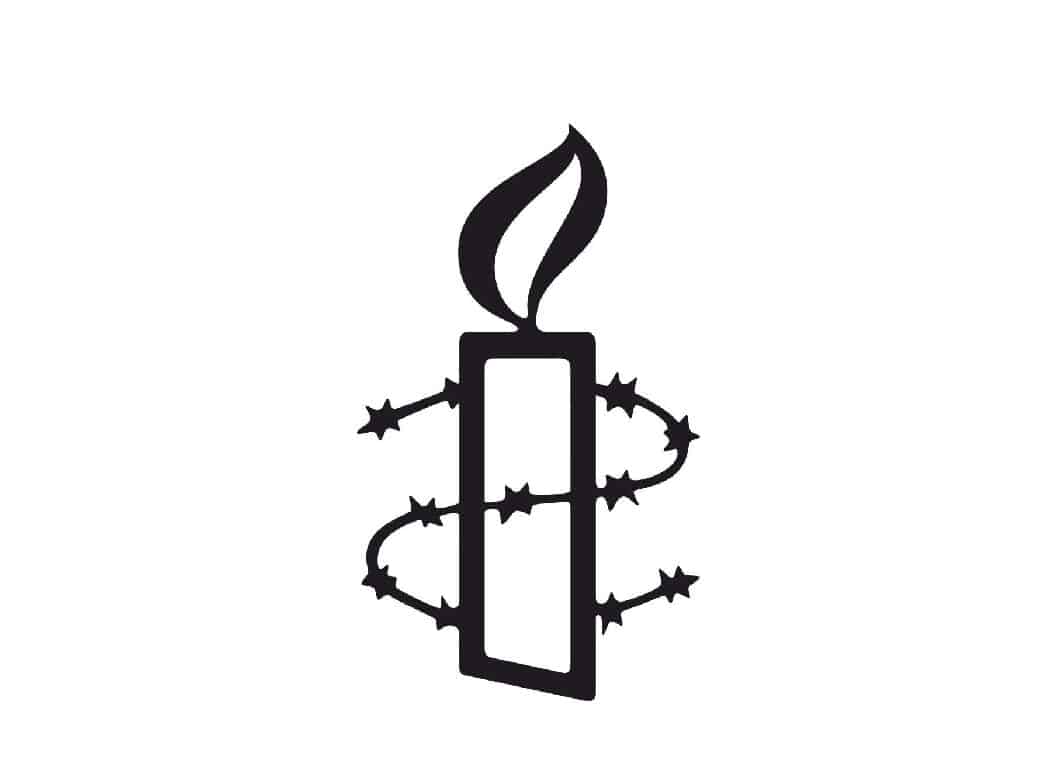
EU court rules gender-based violence ground for asylum
محکمه عالی اروپا: خشونت خانوادگی میتواند دلیل اعطای پناهندگی برای یک زن باشد
دیوان دادگستری اروپا حکم داده است که زنان می توانند به عنوان متعلق به یک گروه اجتماعی در نظر گرفته شوند و در نتیجه اگر مورد خشونت خانگی یا جنسی قرار گیرند، مستحق پناهندگی هستند. سازمان های غیردولتی از این تصمیم استقبال کرده اند.
دادگاه دادگستری اروپا (ECJ) مستقر در لوکزامبورگ در مورد یک قضیه فیصله کردند که اگر یک زن در کشورش به دلیل جنسیت، از خشونت جسمی یا روانی رنج ببرد، میتواند در اتحادیه اروپا به عنوان پناهنده شناخته شود یا از حفاظت فرعی برخوردار گردد.
این فیصله در مورد یک زن کرد، از ترکیه صورت گرفته است. این خانم که در بلغاریا درخواست پناهندگی داده بود و از سوی خانواده مجبور شده بود تا به ازدواج اجباری تن دهد. این زن مورد ضرب و شتم شوهرش قرار گرفته و پس از جدایی از شوهرش در هراس بود که اگر به ترکیه پس فرستاده شود، کشته خواهد شد.
“زنان یک گروه اجتماعی هستند”
قضات دادگاه عالی اروپا فیصله کردند هرکسی که به دلیل «نژاد، مذهب، ملیت، عقاید سیاسی یا عضویت در یک گروه اجتماعی خاص» مورد آزار و اذیت قرار گیرد، میتواند به عنوان پناهنده شناخته شود.
دادگاه عالی اروپا حالا روشن کرد که خشونت علیه زنان به دلیل جنسیت آنها نوعی آزار و اذیت است. به گفته قضات، علاوه بر این طبق این تعریف، آنها یک گروه اجتماعی اند و قربانیان میتوانند به عنوان پناهنده شناخته شوند. با این حال، چنین قربانیان همچنین میتوانند از حمایت فرعی برخوردار شوند: این امر برای مثال، اگر به دلیل نقض هنجارهای مذهبی یا فرهنگی تهدید به مرگ شوند، اعمال میشود.
“حکم مهم حمایت از زنان در برابر خشونت خانگی و جنسی”
تری رانتکه، نماینده آلمانی پارلمان اروپا و رئیس مشترک گروه سبزها در پارلمان اروپا، به دویچه وله گفت که این “حکم بسیار مهمی برای حمایت از زنان در برابر خشونت خانگی و جنسی” است. او گفت که روشن است که اتحادیه اروپا همچنین باید از زنان بدون پاسپورت اتحادیه اروپا در برابر خشونت خانگی در کشورهای مبدا محافظت کند.
رابرت بیدرون، نماینده لهستانی پارلمان اروپا، که ریاست کمیته حقوق زنان و برابری جنسیتی در پارلمان اروپا را بر عهده دارد، گفت که این “گامی مهم در جهت ترویج رویکردی فراگیر و دلسوزانه به سیاست پناهندگی” است.
بزرگترین گروه حامی مهاجرت آلمان، Pro Asyl و سازمان غیرانتفاعی آلمان Terre des Femmes نیز از این حکم استقبال کردند. کارل کوپ، رئیس بخش اروپایی Pro Asyl، گفت که این امر موقعیت حقوقی زنان را تقویت می کند. استفانی والتر از Terre des Femmes گفت که این امر شانس زنانی که قربانی خشونت خانگی می شوند را افزایش می دهد.
اما والتر گفت که تردید دارد که این حکم تفاوت عمده ای در رویه آلمان ایجاد کند. او به دویچه وله گفت که بسیاری از پروندهها در دادگاههای آلمان قبلاً بر اساس استانداردهای تعیینشده در حکم ECJ تصمیمگیری شدهاند و اشاره کرد که «عمق موضوع» جای دیگری است. او گفت که برای اینکه زنان بتوانند درخواست پناهندگی بدهند و پرونده خود را مطرح کنند، به یک چارچوب خاص مانند اسکان امن و دسترسی به مراکز مشاوره تخصصی نیاز است.
او توضیح داد که وقتی مقامات برای اولین بار از زنان خواسته بودند دلایل خود را برای فرار از کشورشان بیان کنند که ختنه، ازدواج اجباری و خشونت خانگی به عنوان دلایل قابل قبولی در نظر گرفته می شوند، اغلب بی اطلاع بودند.
EU court rules gender-based violence ground for asylum
The European Court of Justice has ruled that women, as a whole, can be regarded as belonging to a social group and thus entitled to asylum if subjected to domestic or sexual violence. NGOs have welcomed the decision.
The Luxemburg-based European Court of Justice (ECJ) ruled that women who suffer or are at risk of “physical or mental violence, including sexual violence and domestic violence” on account of their gender in their country of origin could apply for protection and be granted refugee status.
The original case in the ECJ concerned a Turkish Muslim national of Kurdish origin. She claimed that her family had forced her into marriage, and she had been threatened and beaten by her husband, from whom she is now divorced.
She escaped to Bulgaria after leaving him and said that her life would be at risk if she returned to Turkey. That is why she applied for international protection in Bulgaria, which turned to the ECJ for a ruling on what is essentially a case concerning a potential so-called “honor killing.”
‘Women are a social group’
The ECJ stated on Tuesday that refugee status was “to be granted in cases where a third-country national is persecuted for reasons of race, religion, nationality, political opinion or membership a particular social group.”
It then ruled that “women, as a whole, may be regarded as belonging to a social group,” and that refugee status could be granted if certain conditions applied. “This will be the case where, in their country of origin, they are exposed, on account of their gender, to physical or mental violence, including sexual violence and domestic violence.”
The court added that if the conditions for granting refugee status were not satisfied, women “may qualify for subsidiary protection status, in particular where they run a real risk of being killed or subjected to violence,” all the more so if there was a risk of this being “inflicted by a member of their family or community due to the alleged transgression of cultural, religious or traditional norms.”
‘Important ruling for protection of women from domestic and sexual violence’
Terry Reintke, a German MEP and co-president of the Greens group in the European Parliament, told DW that it was a “very important ruling for the protection of women from domestic and sexual violence.” She said it made clear that the EU also had to protect women without EU passports from domestic violence in their countries of origin.
Polish MEP Robert Biedron, who chairs the women’s rights and gender equality committee in the European Parliament, said it was an “important step towards promoting an inclusive and compassionate approach to asylum policy.”
Germany’s largest pro-immigration advocacy group, Pro Asyl, and the German non-profit organization Terre des Femmes also welcomed the ruling. Karl Kopp, the head of Pro Asyl’s European department, said it would strengthen women’s legal position. Stephanie Walter from Terre des Femmes said it would improve the chances of women who are victims of domestic violence.
But Walter said she doubted that the ruling would make a major difference to German practice. She told DW that many cases in German courts had already been decided according to the standards set out by the ECJ ruling and pointed out that the “crux of the matter” lay elsewhere. She said that for women to be able to apply for asylum and make their case, a specific framework was needed, such as safe accommodation and access to specialist consultation centers.
She explained that women were often unaware when first asked to give their reasons for escaping their home country by authorities that genital mutilation, forced marriage and domestic violence were considered to be acceptable grounds.
- Tags
- Europe



